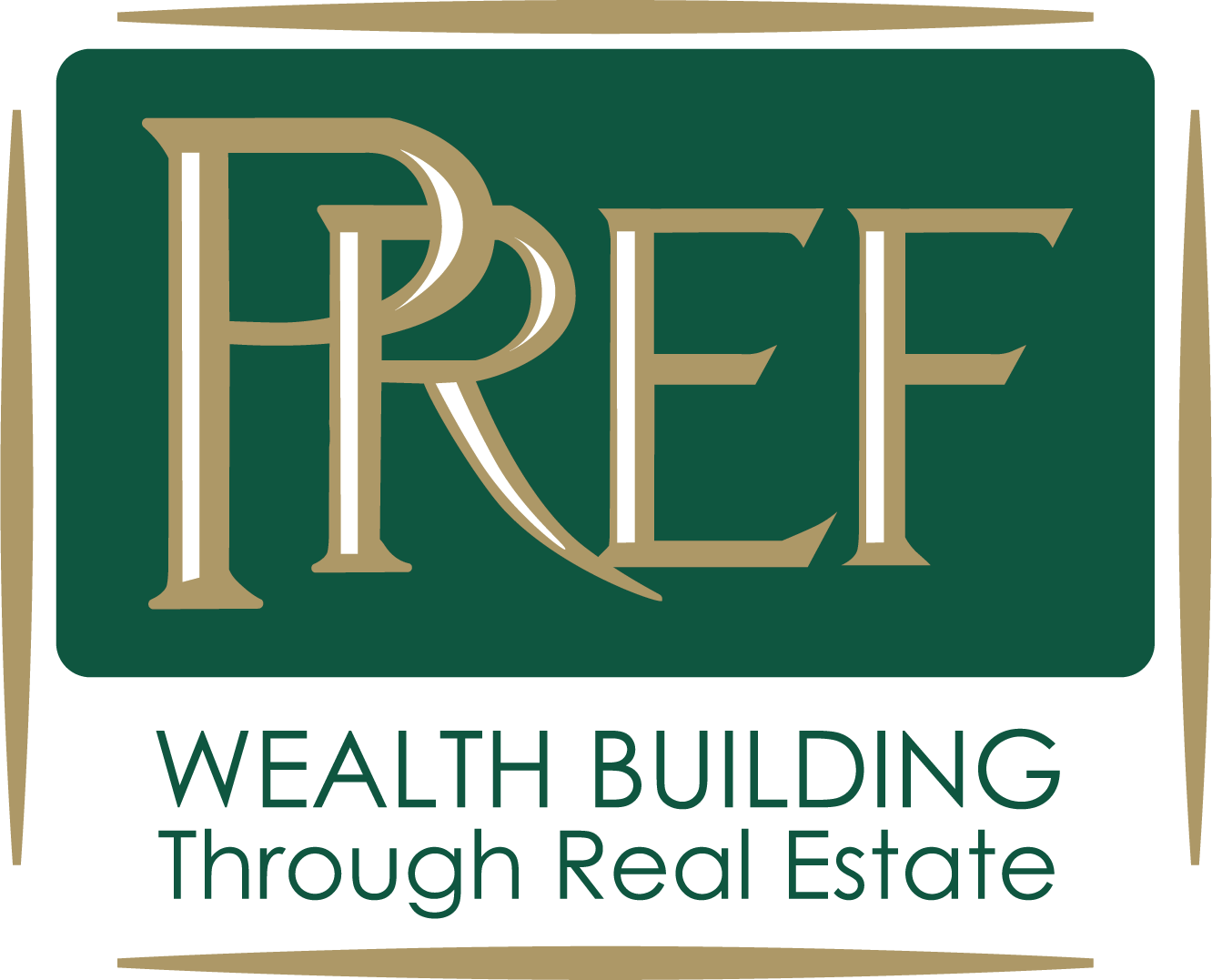Private Real Estate Investing: A Game of Risk
Most people invest in equities, like stocks and bonds. They are liquid. They are transparent. The markets are regulated. With equities, you can follow your investment though various channels. And you are betting on companies more than individual people.
Private real estate investing is different. The investment is illiquid. Current value of the asset owned is not easily determined. Often there is a sponsor or promoter who has discretion with regard to major decisions, and finally, debt is typically used to purchase the asset. These factors combined increase risk and put private real estate investments in the category of Alternative Investments.
Getting Started
To invest in a private real estate deal, an investor must be accredited. This means he or she can afford either to lose all equity or not have access to it for an indefinite period of time. Once this hurdle is cleared, I recommend all investors ask some important questions.
- Who is the Sponsor? What is his or her track record?
- Is the Sponsor conservative or aggressive when it comes to the use of debt?
- What is the business plan? How long is my money going to be invested in the deal?
- Does the investment objective of the deal fit into my overall investment plan?
- What is the Sponsor fee structure?
Why People Invest in PRE
While there is some ego involved, I think people primarily do it to achieve returns greater than those that can be achieved in the equities market. The trade-off? Significantly greater risk.
As a private real estate sponsor, my first priority is to know my investors and understand their objectives. Once I do that, then it is my job to do this:
- Find exceptional opportunities which provide returns that justify the additional risk.
- Conduct thorough due diligence to confirm investment assumptions.
- Prepare a clear business plan to inform investors of my intentions.
- Pool the financial resources of individuals and private funds that otherwise would not have the capital to purchase the asset.
- Execute the business plan on behalf of the group to insure the investment objectives are met.
If I do my job well, then I deliver a higher return to my investors while minimizing their risk, enabling them to passively invest in a professionally managed asset while they pursue their careers or other interests.
These investments also offer me the opportunity to invest my own money in something I understand and control. I also get compensated based on the success of the deal. This is usually a result of executing the business plan, taking advantage of unforeseen situations, and frankly, a little bit of luck.
Have additional questions about the private real estate investing game? Just ask.



